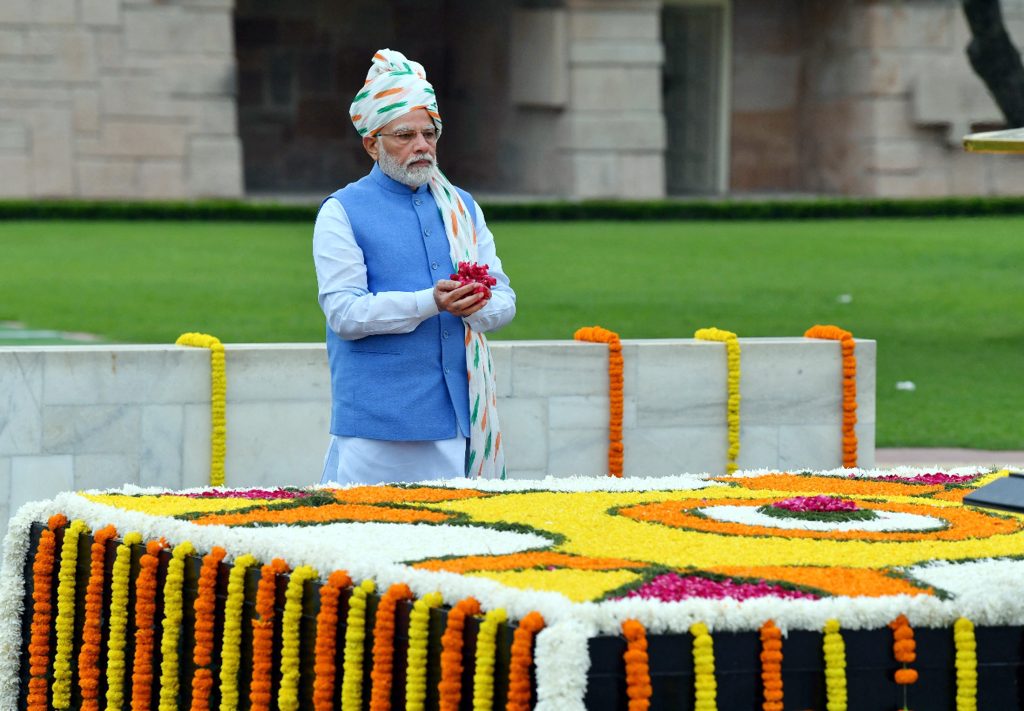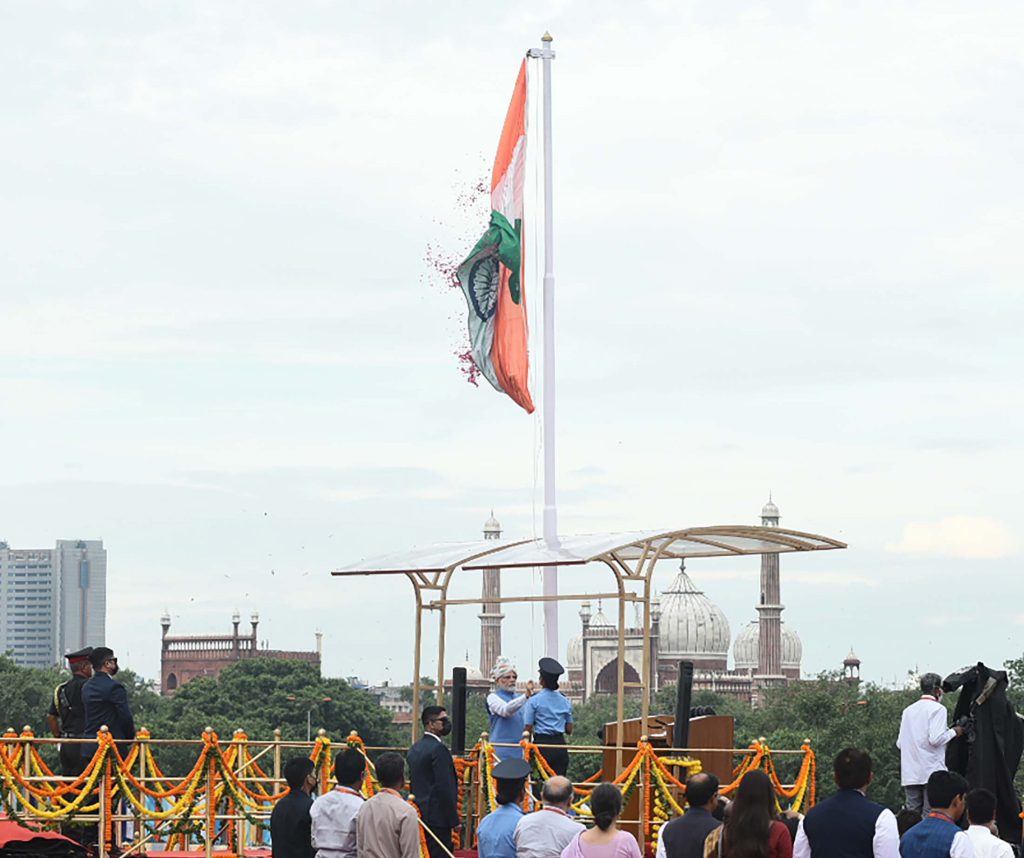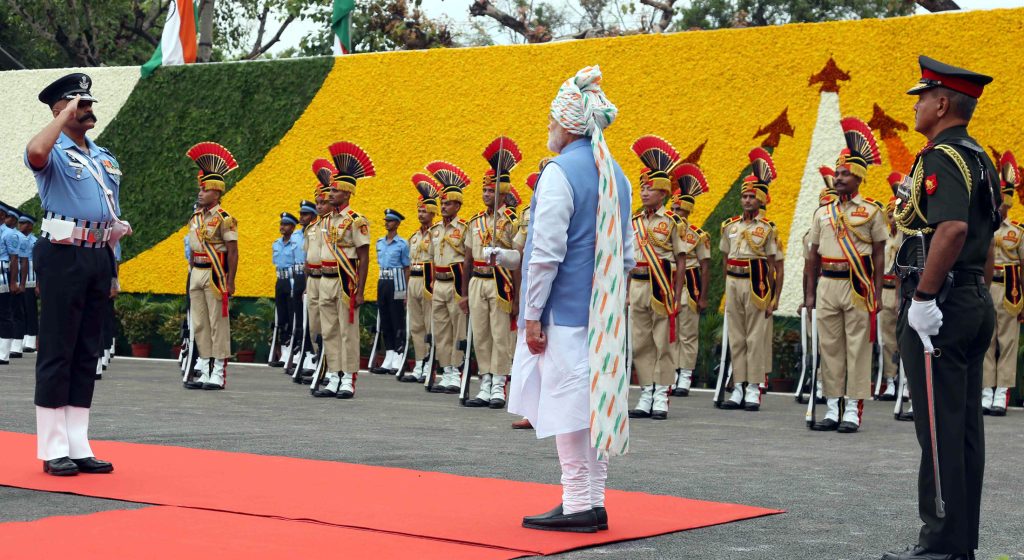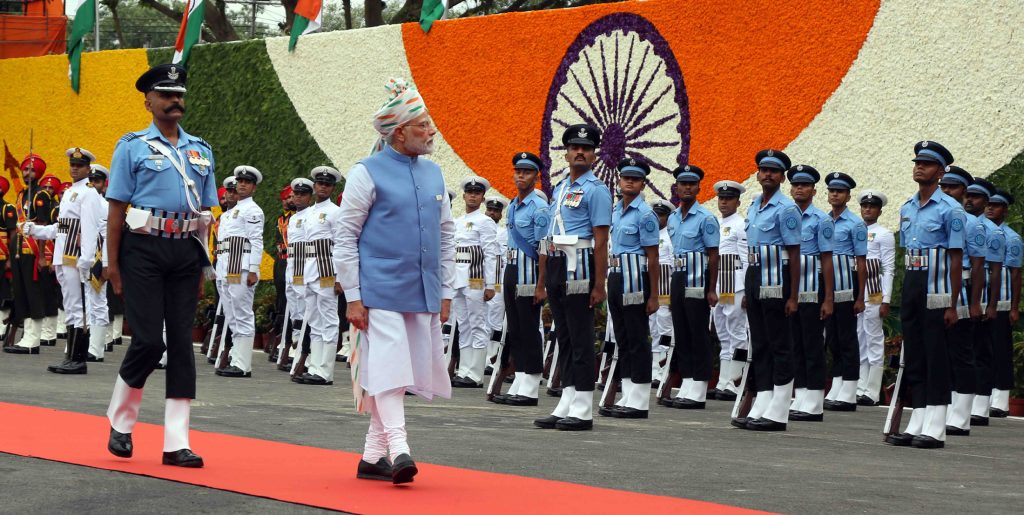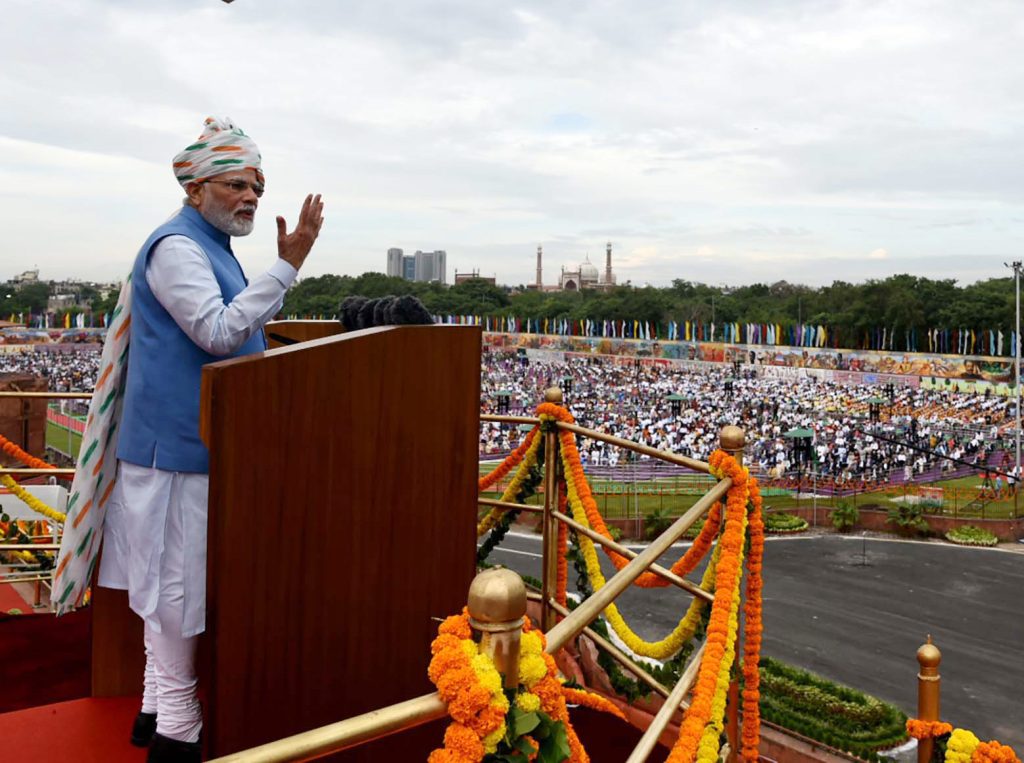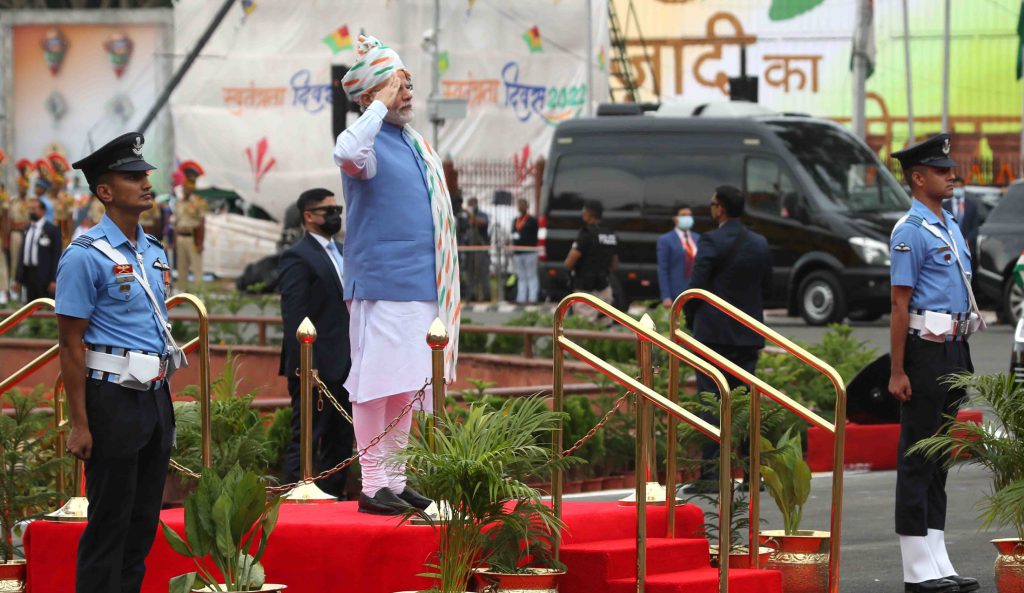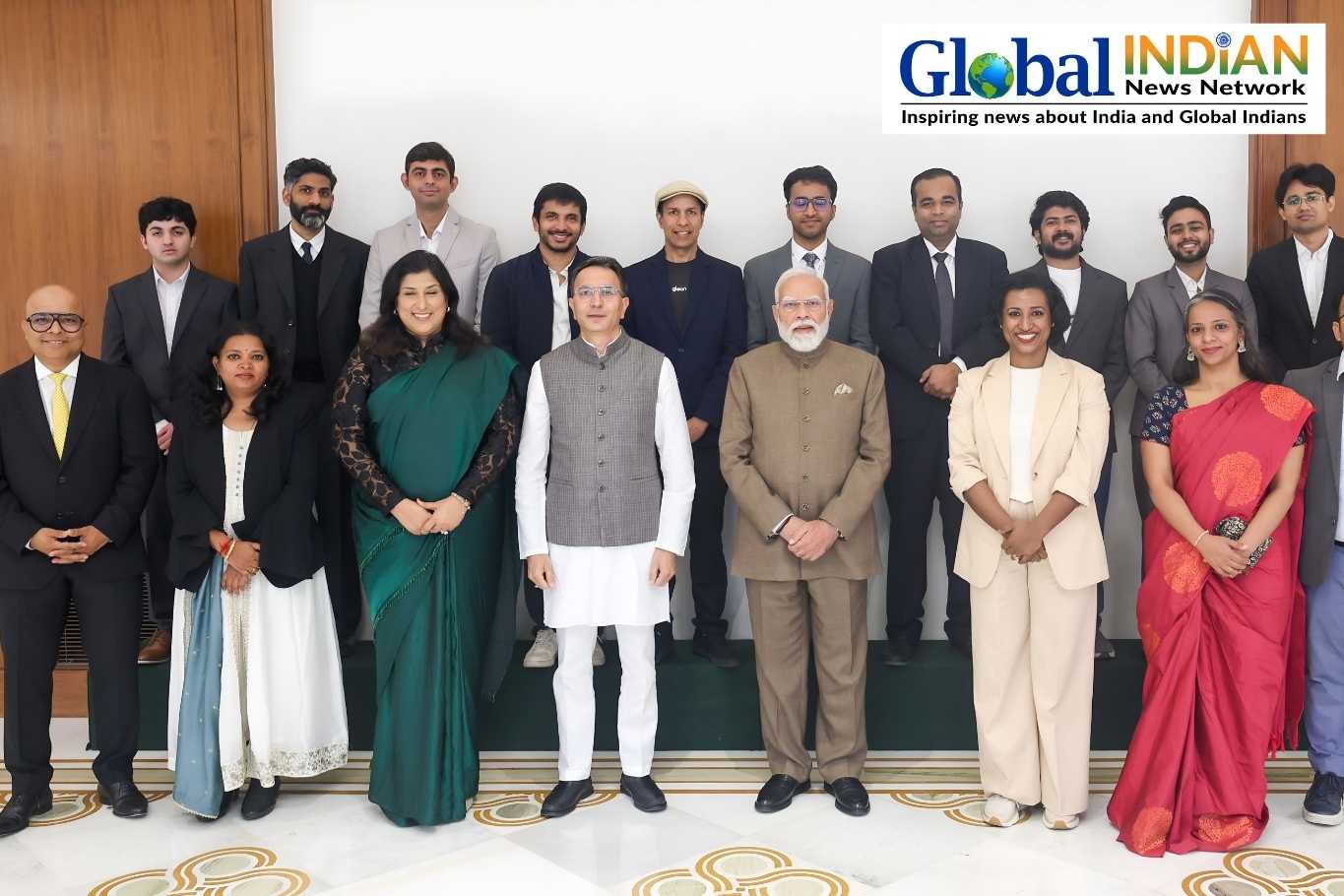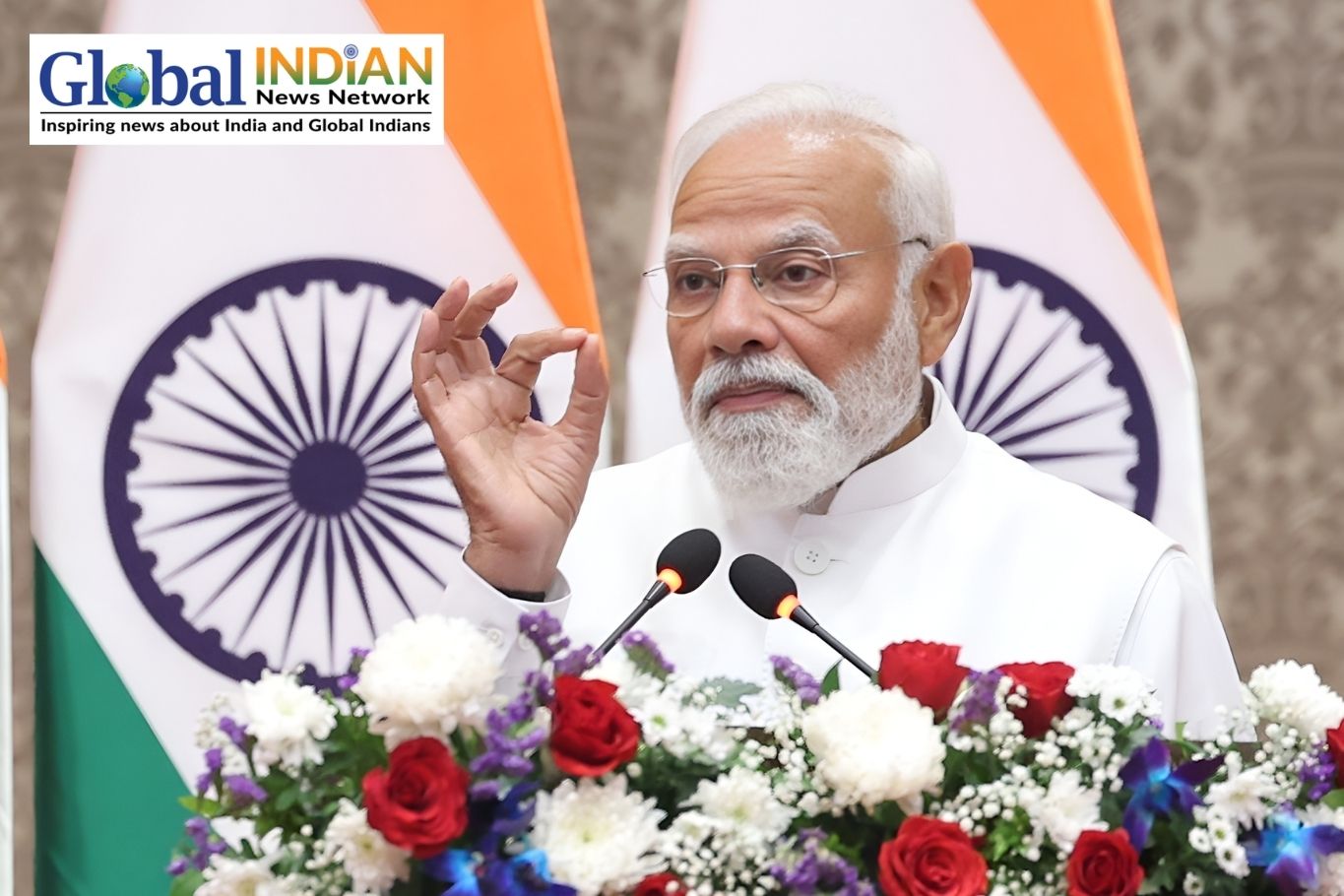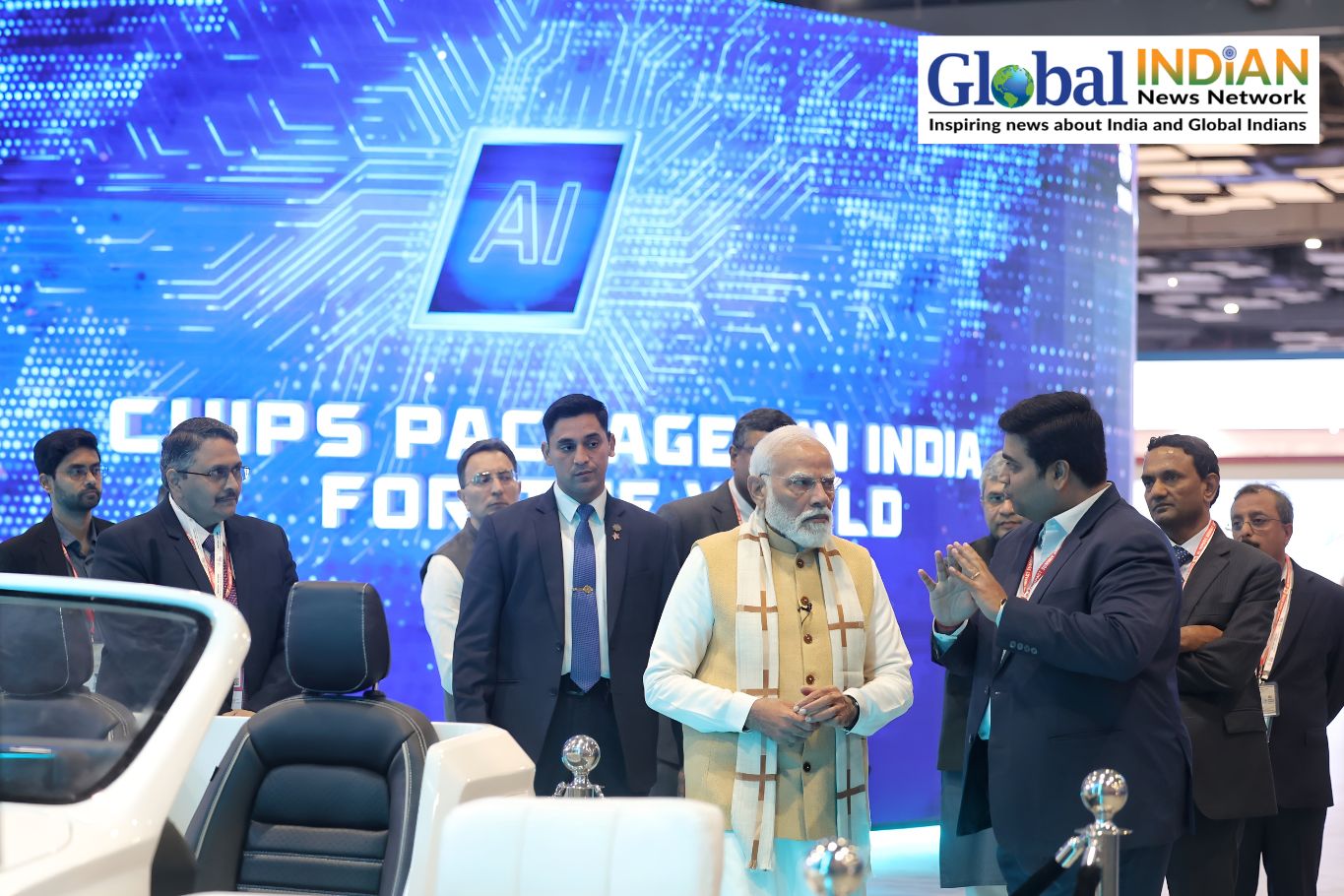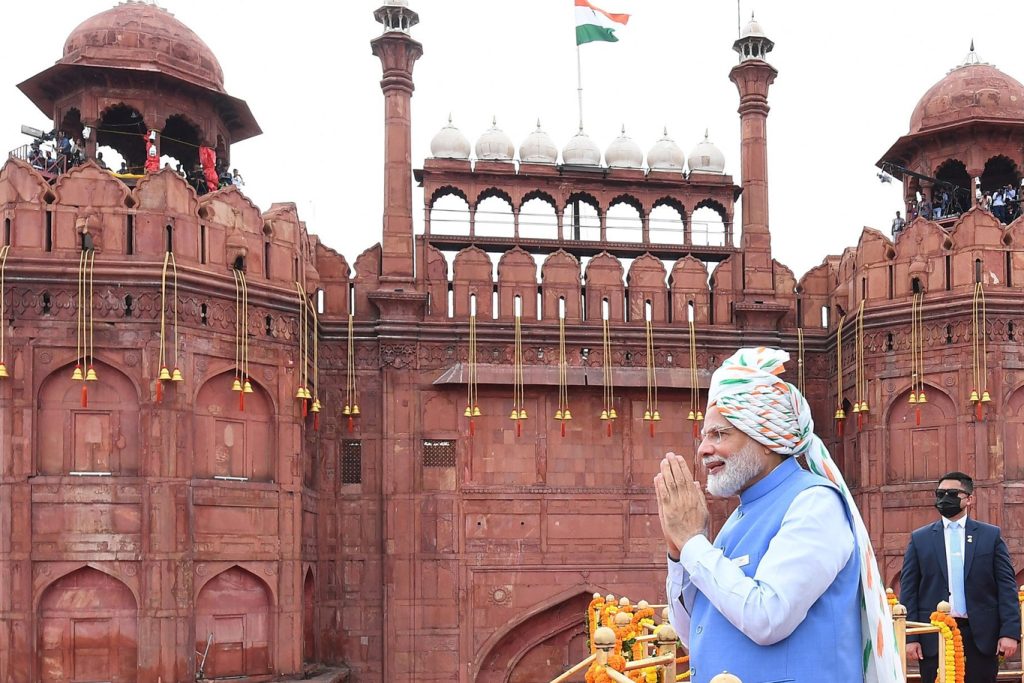
Prime Minister Narendra Modi’s forthcoming address on August 15, marking the last Independence Day speech prior to the impending general elections in the following year, will undergo thorough examination. Acknowledged as a compelling orator, Modi is anticipated to outline India’s global ascent and domestic advancements encompassing infrastructure and manufacturing. It is anticipated that the Prime Minister will also touch upon India’s accomplishments during its presidency of the G20 while reiterating the significance of the nation’s democratic framework.
This year’s celebrations hold particular significance, concluding the ‘Azadi Ka Amrit Mahotsav’ festivities, initiated by Modi on March 12, 2021, at Sabarmati Ashram in Ahmedabad, according to an official statement.
During this address, Prime Minister Modi aims to infuse fresh vitality as the nation targets the status of a “developed nation” by 2047, according to sources.
Modi has consistently emphasized India’s robust democracy on various platforms. The assertion “India is the mother of democracy” has been propagated within G20 deliberations.
In last year’s Independence Day speech, Modi stressed the importance of respecting women and enhancing “Nari Shakti” or woman power. He emphasized women’s contribution as a pivotal aspect of India’s progress.
He stated, “Our Nari Shakti is being represented in all sectors – in police, villages, etc. The more opportunities we give to our daughters, the more they will propel us forward.” He underlined the necessity of upholding women’s dignity.
The speech also outlined five pledges, including reinvigorating India’s path towards becoming a developed nation by 2047. This framework subsequently informed his speeches, culminating in actions like renaming Raj Path to Kartavya Path and erecting Subhash Chandra Bose’s bust at India Gate.
However, recent incidents in Manipur and Nuh on the outskirts of Gurugram have raised concerns.
Last week, the government introduced three bills aiming to overhaul existing criminal laws while maintaining India’s unity and integrity. These bills seek to repeal the sedition law and update the Indian Penal Code (IPC) of 1860, the Code of Criminal Procedure (CrPC) of 1973, and the Indian Evidence Act of 1872. The amendments aim to establish strict punishments for offenses such as mob lynching and child rape.
The proposal emphasizes that when a group of five or more individuals collectively commits murder due to factors like race, caste, sex, or personal belief, each member shall be subjected to life imprisonment or a minimum of seven years’ imprisonment, in addition to fines.
Sources acknowledge the unpredictability of the Prime Minister’s statements, yet they speculate that Modi may expound on the proposed legal reforms, especially given the heightened global attention on these incidents.
Sajjan Kumar, a political analyst and author, noted that Modi’s communication style resonates with the masses, addressing crucial issues in his speeches.
Modi’s social media display picture has been changed to the Tricolor, as he encourages citizens to adopt the same as part of the #HarGharTiranga movement. This nationwide initiative is observed between August 13-15.
